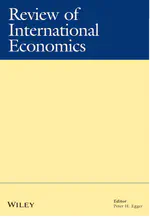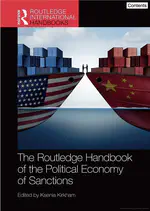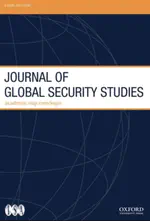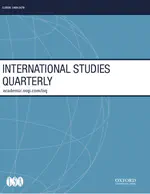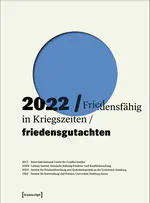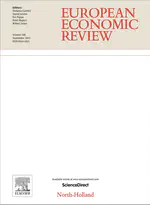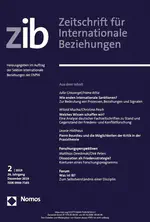The Termination of International Sanctions
With the proliferation of sanctions after the end of the Cold War, the termination of these measures has become a ubiquitous phenomenon in international politics. Yet, research has hitherto focused on sanctions’ implementation and effectiveness, whereas their termination has received little attention. The controversy about whether sanctions against Cuba, Iran, Russia, and Zimbabwe should be lifted exemplifies the contested nature of policy debates about the termination of sanctions. We also lack systematic knowledge about the divergent causes and volatile processes that lead to the termination of international sanctions. It remains unclear why some measures are lifted in response to minimal concessions while others remain in place until all goals are accomplished. Moreover, research on sanctions typically stops when sanctions are lifted, meaning that scholars have ignored the domestic consequences of ending external pressure. To address these puzzles, the project tackles the following three research questions: How can we capture the process of ending sanctions? Why do sanctions end? What are the consequences of lifting sanctions?
The project introduces a new dataset that contains information on the termination of all UN, EU, US, as well as regional sanctions between 1990 and 2018 worldwide. Based on this novel data, the project systematically examines the causes of sanctions termination. In contrast to prior research that has mostly treated the end of sanctions as a single category, our analysis disaggregates sanctions termination and compares these different pathways. Finally, it explores the impact of the causes and processes on consequences of ending sanctions for the target states.
Team: Dr. Julia Grauvogel & Hana Attia. The project is funded by the German Research Foundation (DFG) 2018-2021. More information can be found here.
